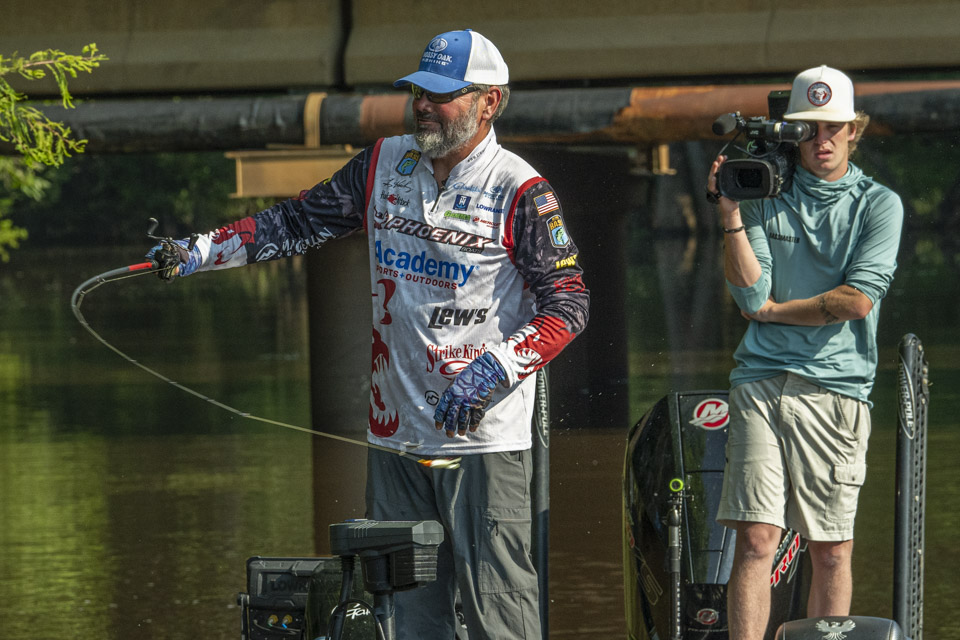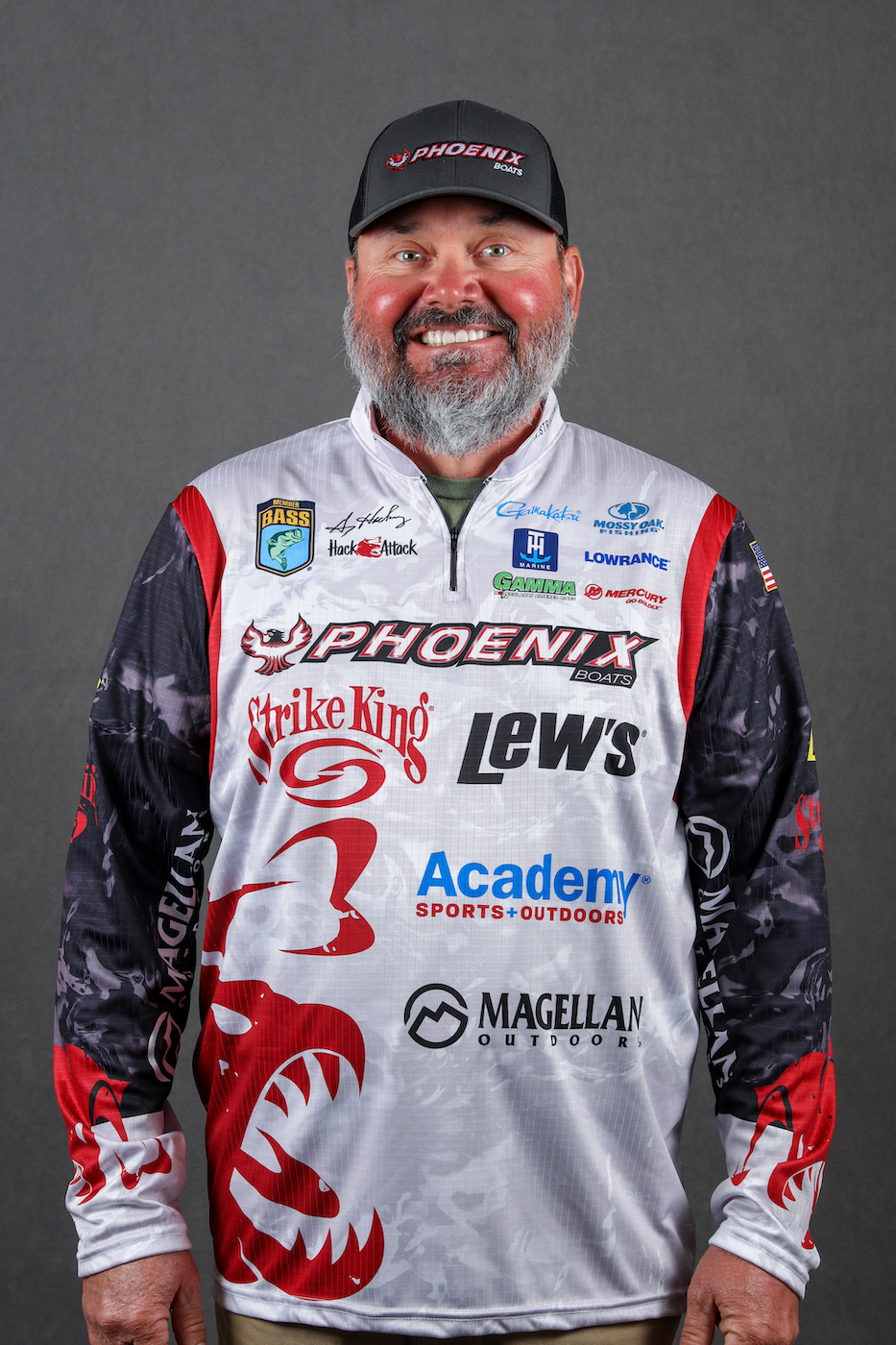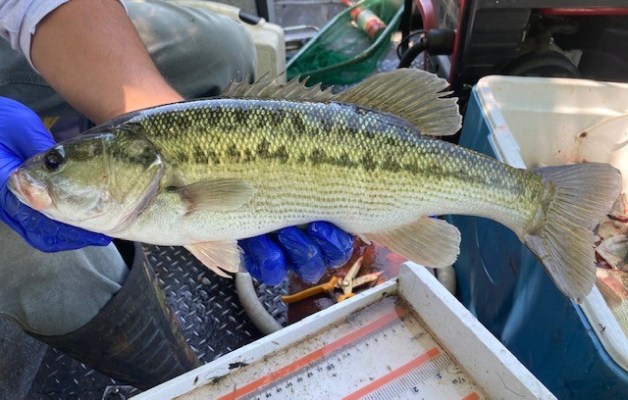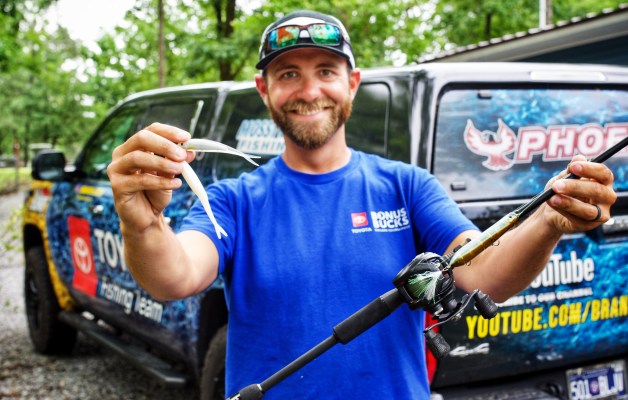
When you’re making out your Bassmaster Fantasy Fishing teams next year, don’t overlook the new crop of anglers coming in from the Bassmaster Opens.
This is not your typical group of newbies. They had the hardest route to qualify for the Elites of any group in B.A.S.S. history.
They are darn good.
In years past, you had to shine in four events within your region of the country. This group competed in nine events in nine states. They had to fish all over the country to be among the nine Elite Qualifiers.
They also bring with them the new generation of skills we have seen dominate on the Elites the past couple years, and that will make them a threat throughout the 2024 Elite season.
They are all really good offshore with forward-facing sonar (FFS). That’s where they excelled during the Opens qualifier season.
Bass fishing, especially competitive bass fishing, is evolving into a technological sport. Electronics always have played a role in fishing, but FFS has made it a critical element to being successful.
Just look at last year’s Elites. We had two presumably shallow-water events that were still won with FFS when most people thought it would be won shallow.
I’m not being critical nor am I against FFS. It’s just a fact that our sport has evolved into this, and you better be good with it to be successful.
These new guys will likely be around for a long time and ultimately will take jobs from some veteran Elite anglers. Not because they are better overall, but because of their style of fishing.
It’s not that the older veterans aren’t using FFS, but they are slower to adapting because they are better with different styles of fishing.
When you’re younger, you’re more versatile and open-minded about tactics.
I was more versatile my first five years than I am now. Over time, you start to turn into whoever you’re going to be because you have become very good at something, and there’s a tendency to lean back on that.
I’m not saying the new breed are better than the Rick Clunns, Denny Brauers and Larry Nixons of my day, but they’re very good in an entirely different way.
We veterans rely upon knowledge of the fish’s environment, what he was eating and the type of areas he inhabited to help us put together a pattern. The electronics angler doesn’t care what a fish is doing out there offshore; he literally sees him and tries to catch him.
This has made a lot of tackle irrelevant, and that’s another reason this new group of anglers is different. They carry less gear and aren’t concerned with cover, structure, patterns, water temperature or time of year. Their only concern is to see a fish on the screen and make it bite. And in many cases, that’s with a spinning outfit, small jigs and plastics.
Me? I will still have a boatload of tackle. I am a bass fisherman and will remain that way until the end of my time. I’m good at making educated guesses and enjoy that part of it. I will still use FFS as a tool but won’t eliminate my flipping stick and jig.
Call me old school, but I like figuring out the pattern and feeling the bite that I can’t see. I can’t give up a system that has provided me a fun, blessed career.
Yet, I’m no idiot. I will evaluate the tournaments and determine the ones in which I need to use FFS to make the Bassmaster Classic and pay my bills. I believe I can do both and remain successful against this tough, new breed of anglers.





